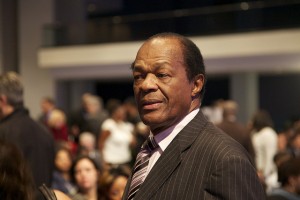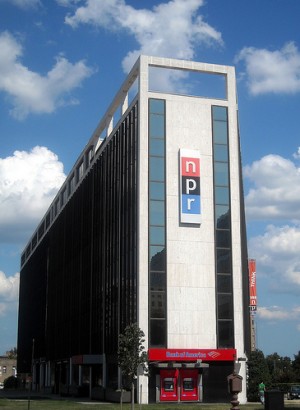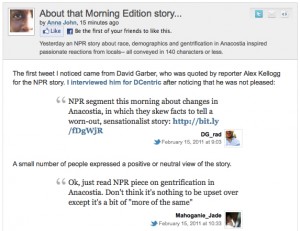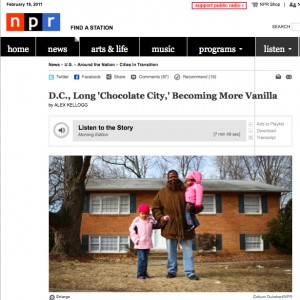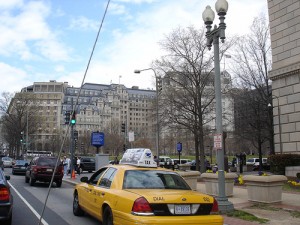D.C. Councilman Marion Barry (Ward 8 ) spoke with Michel Martin on NPR’s Tell Me More program today about D.C.’s dropping black population. Martin tried to get Barry to explain his call to stop gentrification as quoted in a Washington Post article from last week.
- Census Shows Exodus Of Blacks From Majority Black CitiesMarion Barry explains gentrification comments. Download
The exchange itself is worth a listen, but here are some choice moments:
“What gentrification does is that it displaces longtime residents, longtime people who have been here 10, 20, 25 years and have been renters,” Barry said.
Barry also mentioned that “the Hispanic population grew by 9 percent and we welcome that kind of growth, but this city and other cities have to deal with gentrification.” He goes on to say that “white people… are displacing African American renters, gentrifying the city. I’m not afraid to speak up and say that’s something we have got to deal with.”
Later, Martin tells Barry “what’s interesting about your perspective here is that you were elected initially as part of a multicultural campaign. With your initial campaign you had strong support from a number of multiracial communities, including the gay community which often has been on the leading edge of revitalizing neighborhoods that have previously been in disrepair. So for some people, it’s why all of a sudden now you’re critical of the very people who supported you initially.”



